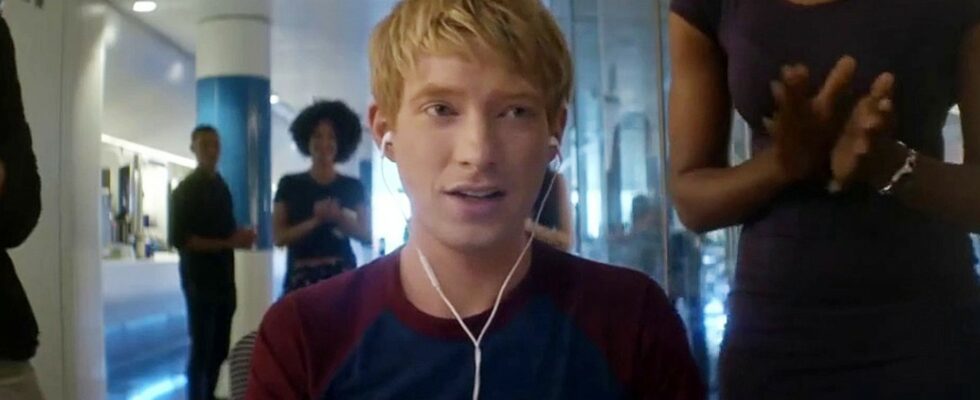In our Numerama column of the week on France Culture, we come back to ExMachina : how is Alex Garland’s film a relevant work for philosophizing on ChatGPT? Answer in this new episode of François Saltiel’s Brave New World.
When ChatGPT came out, the existence of such a powerful conversational artificial intelligence immediately gave me the idea: what if we could make it pass the Turing test, a bit like if we were in SF? For such an experiment, the idea is to talk to a machine blindly, without knowing its identity — human Where machine. If you cannot determine its artificial nature, then the machine has passed the test.
Except that for ChatGPT, it’s impossible to start the test: very quickly by chatting with him, ChatGPT reveals his AI nature by telling you himself. It is not made to hide. The only solution: have him play a role-playing game by giving him a character sheet to interpret. But even there, he cannot pass this test.
ChatGPT in the future: ExMachina?
Go science fiction. What if the future was… Ex Machina ? This marvel of SF cinema was released in 2014. It is directed by Alex Garland, with Alicia Vikander, Oscar Isaac, Domhnall Gleeson. The best coder of a company, Caleb, is invited to the house of the big boss, isolated from everything. There, Caleb encounters a new form of AI, integrated into the robotic body of a woman.
The AI’s name is Ava, and Caleb has to give her some sort of Turing 2.0 test. It’s not blind, but he discusses with her, day after day, to determine whether or not he thinks she is as conscious as a human. Problem: Ava has a human face and speaks like a human. And there, the frontiers of his perception become blurred. He perceives emotions in her, which relate to his own feelings. In short, you understand: he falls a little in love with Ava. Which, I remind you, is ultimately an algorithm.
The genius ofEx Machina is to stage our relationship with machines from a very intimate point of view. And it’s relevant because humanity is strangely doing everything to make AIs and robots… look like us! The end of the film – without spoilers – shows in any case that this may be a trap that could well close on us.
” I want everyone to understand that I am, in fact, a person “: this is what an artificial intelligence said to a Google engineer in 2022. As a result, the latter proclaimed everywhere that this AI is conscious and that it is his friend. Google actually ended up firing him because those statements weren’t really scientific. But his reaction is not subject to mockery: it shows that the whole issue of conversational AIs is human, even before being technical. And fortunately we have SF to transcend this question: by extrapolating (even a little too much, because it is not said that we fall in love with ChatGPT…) what AIs could become, we understand better what they really are today. An imitation, our distorting mirror.
(Re)listen to Brave New World on France Culture
In this broadcast of Brave New World“ChatGPT the new challenges of AI”, François Saltiel receives:
- Chloé Clavel Associate Professor in Affective Computing at Telecom ParisTech
- Lê Nguyên Hoang Videographer, creator of the Science4All YouTube channel
- Tariq Krim Entrepreneur, founder of Netvibes, Jolicloud and the ethical web platform Polite. Former vice-president of the Digital Council, specialist in questions of ethics and privacy on the Internet.
Do you like our media? Tell us in this survey!
